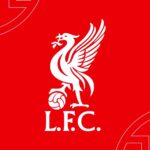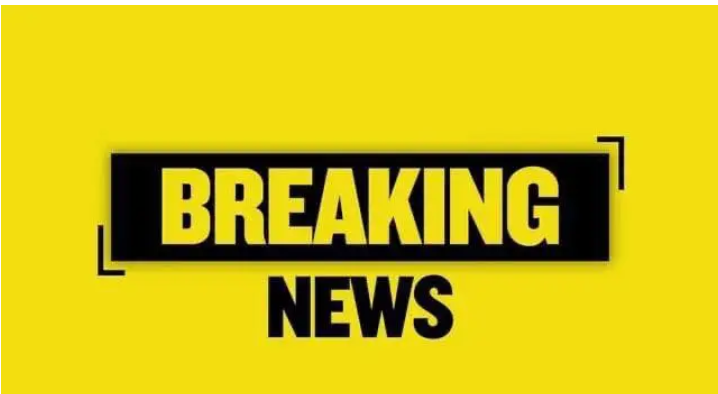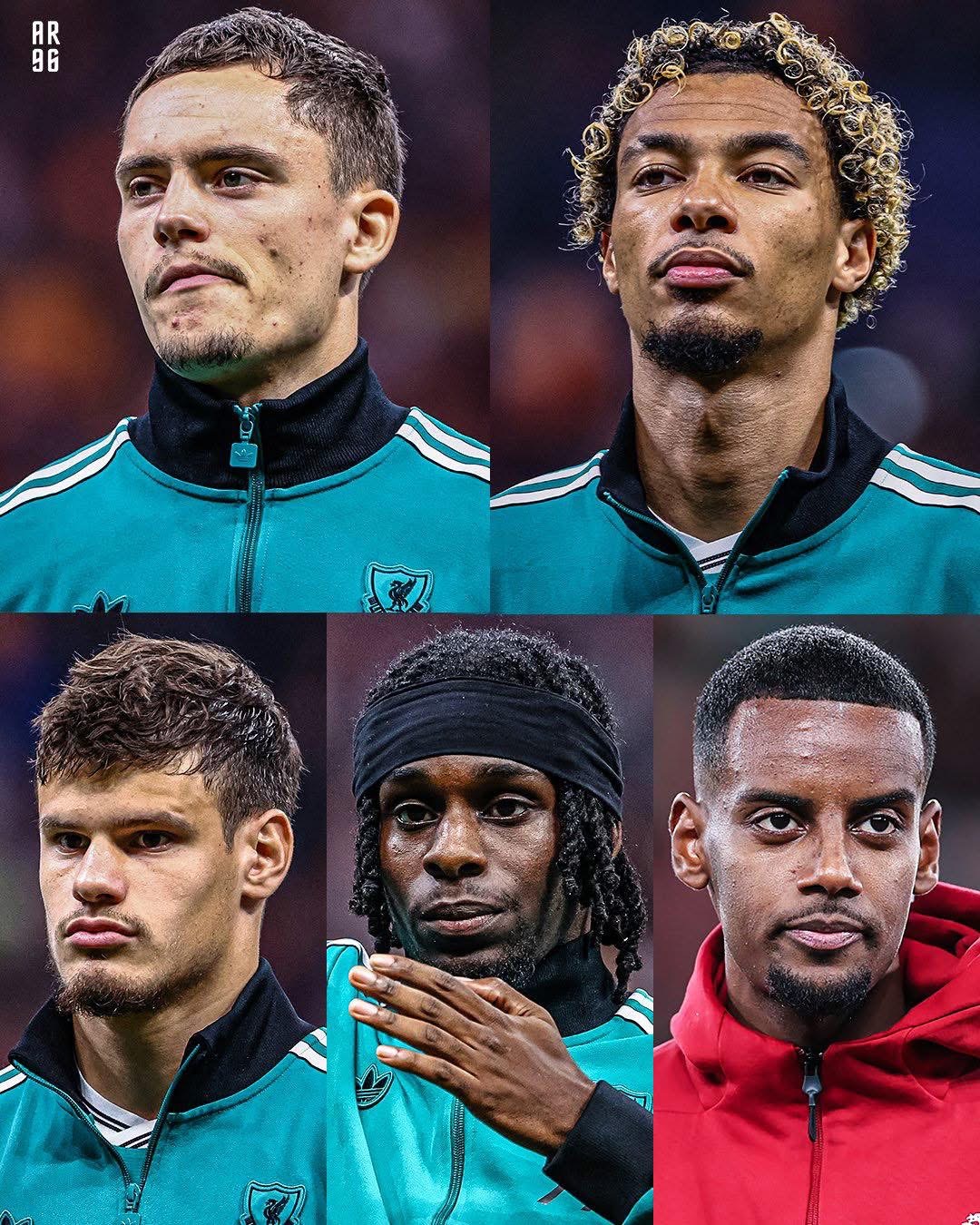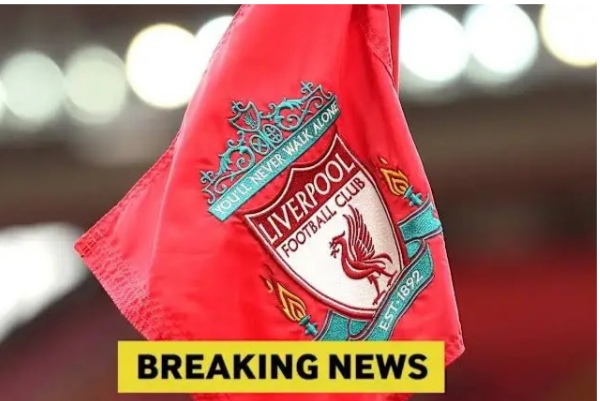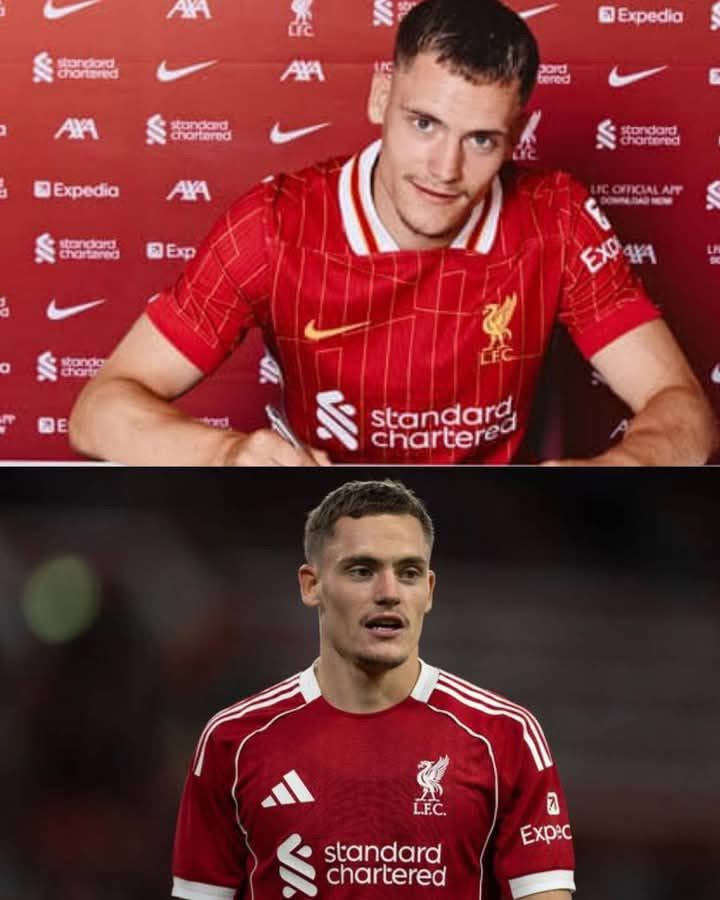Liverpool’s erratic form this season can be traced to several issues, but one problem stands out above the rest — the increasingly self-focused approach of their talisman, Mohamed Salah. Once the symbol of Liverpool’s unity and hunger, the Egyptian forward now risks undermining the very foundation of the team’s success.
Wirtz’s Struggles and Salah’s Role in Them
Liverpool’s 3–0 defeat to Manchester City at the Etihad was more than just another poor result — it was a reflection of a deeper issue. For the first time since July 2020, Salah started a Premier League clash against City and failed to record a single goal or assist, ending a streak of nine consecutive goal contributions versus Pep Guardiola’s side.
Statistics alone, however, don’t capture the growing frustration surrounding Salah’s play. He continues to produce moments of brilliance but too often prioritizes individual runs over simple, effective teamwork. A defining moment came in the 80th minute of the City match: Salah broke free down the right flank with Florian Wirtz completely unmarked in front of goal, yet instead of squaring the ball, he went for a tight-angle shot that deflected away — wasting Liverpool’s best chance of the night.
This wasn’t an isolated incident. In the October 23 clash with Frankfurt, Salah again ignored a clear passing option to Wirtz, who reacted visibly in frustration. The same pattern repeated against Real Madrid, where Wirtz found himself free in space, only to watch his senior teammate attempt another low-probability shot. Each missed opportunity further strains Liverpool’s chemistry — and diminishes the confidence of emerging stars like Wirtz.
Consequences for Liverpool — and for Salah
Pep Guardiola summed it up best after the match: “Salah has been our nightmare for years. Tonight we had to assign three players to track him every time he had the ball.” While this is praise for Salah’s threat, it also exposes a tactical flaw — he has not adapted to the increased defensive attention. Instead of linking with teammates or drawing defenders out of position, Salah continues to rely on old habits, charging directly at multiple opponents and losing possession.
Former England captain Wayne Rooney, speaking on BBC, offered a blunt assessment: “Salah is there to score and create, but in big matches he must also help defensively. He left Bradley exposed and under huge pressure.” Rooney’s remarks go beyond defending — they highlight a lack of teamwork and responsibility.
Under new manager Arne Slot, Liverpool are attempting to rebuild around balance and fluidity. Every player is expected to contribute to both attack and defence. Yet Salah’s reluctance to adjust undermines that plan. His isolation limits Wirtz’s influence, leaves right-back Conor Bradley unprotected, and exposes Liverpool’s defensive line whenever possession is lost.
According to Squawka, Salah’s touches inside the opposition box have dropped sharply, and he’s now taking fewer shots than Cody Gakpo, Nicolas Ekitike, and Dominik Szoboszlai. His status as Liverpool’s attacking leader remains intact, but his actual influence is fading — not because of age, but because he’s drifting away from the team ethic that once defined him.
The Road Ahead
Perhaps this is just a temporary slump — a transitional phase as Salah adapts to Slot’s system. But if his current mindset persists, the consequences could be severe. Liverpool’s decline would not merely be tactical; it would be cultural.
Salah built his legacy on hard work, unselfish runs, and relentless drive for the team’s cause. To regain his edge, he must rediscover those values. Because in a club built on collective strength and identity, the greatest threat is not a struggling defence or tactical confusion — it’s the loss of unity.
For Liverpool to rise again, Salah must find humility within his brilliance. Only then can both he and the team reclaim the fearless spirit that once dominated English football.




